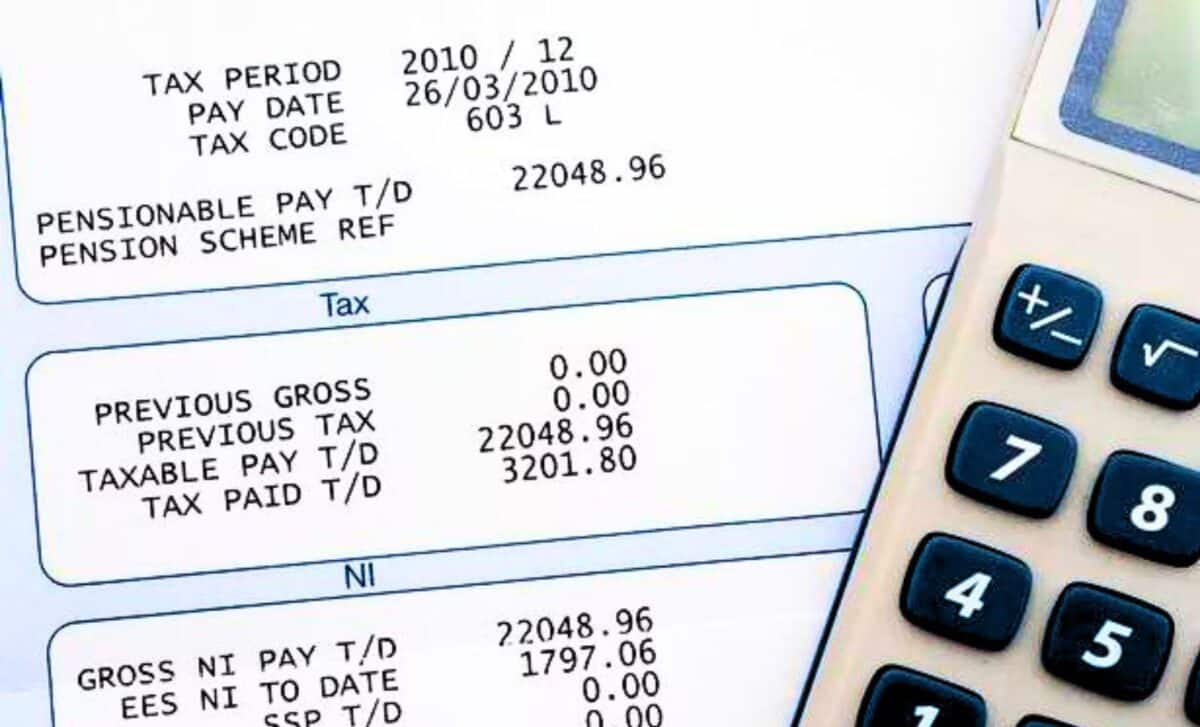The National Insurance cut which has been a lifeline for many is expected to come into effect this week, promising more disposable income for millions of hard-working people in the UK.
Chancellor Jeremy Hunt’s announcement last month of national insurance cuts is set to come into effect this Saturday, 6 April, marking the start of the new tax year.
With a reduction of 2%, the shift comes on the back of an identical cut implemented at the start of 2024, signalling a significant change in the country’s tax policy.
National Insurance Cut’s Impact on Workers
The average worker is expected to receive an extra £450 a year as a result of this cut, a financial boost that will be welcomed by many. However, the actual impact of this policy is complex and will affect different people in different ways.
TotallyMoney, the financial technology company, has investigated the impact of this cut by looking at the effect it will have on individuals in different regions and income brackets in England and the UK.
“This Saturday symbolises the beginning of a new fiscal year when roughly 27 million people should witness lower National Insurance deductions, saving the average income earner around £450 annually. However, the policy does not adequately support those in dire need. Higher income earners stand to gain more, with an individual earning £50,000 yearly saving over five times as much as someone earning £20,000.” commented Alastair Douglas, CEO of TotallyMoney.
- National insurance calculations by region and income.
| Region | Average Salary | Saving |
| United Kingdom | £34,963 | £447.86 |
| England | £35,106 | £450.72 |
| North East | £31,200 | £372.60 |
| North West | £33,036 | £409.32 |
| Yorkshire and The Humber | £31,920 | £387.00 |
| East Midlands | £31,634 | £381.28 |
| West Midlands | £33,003 | £408.66 |
| East | £34,833 | £445.26 |
| London | £44,370 | £636.00 |
| South East | £36,560 | £479.80 |
| South West | £33,450 | £417.60 |
| Wales | £32,371 | £396.02 |
| Scotland | £35,518 | £458.96 |
| Northern Ireland | £32,879 | £406.18 |
Research conducted by TotallyMoney, April 2024
| Salary | Saving |
| £20,000 | £148.60 |
| £25,000 | £248.60 |
| £30,000 | £348.60 |
| £34,963 | £447.86 |
| £40,000 | £548.60 |
| £50,000 | £748.60 |
| £75,000 | £754.00 |
| £100,000 | £754.00 |
However, despite the cuts to National Insurance, the cost of living crisis continues to hit the nation, with consumers facing a staggering £1,500 shortfall. Compounding this crisis is the government’s lack of long-term strategic planning and the increasing financial pressures on those on low incomes.
“For many, the government gives with one hand, but takes away with the other. Over the next few years, stagnant thresholds and rising wages mean that almost four million more people will start paying income tax, while another three million will contribute more.” also added Mr Douglas.
Living costs have increased over the past two years and rental prices continue to soar. Mr Douglas insists that a double cut in National Insurance contributions this year is a short-sighted solution that will only provide a small boost to people’s finances. What is urgently needed is a long-term strategic plan to help the millions of people who are still struggling.
Basically, the National Insurance cut offers a temporary reprieve, but it does not address the root causes of the financial difficulties faced by many people in the UK.









